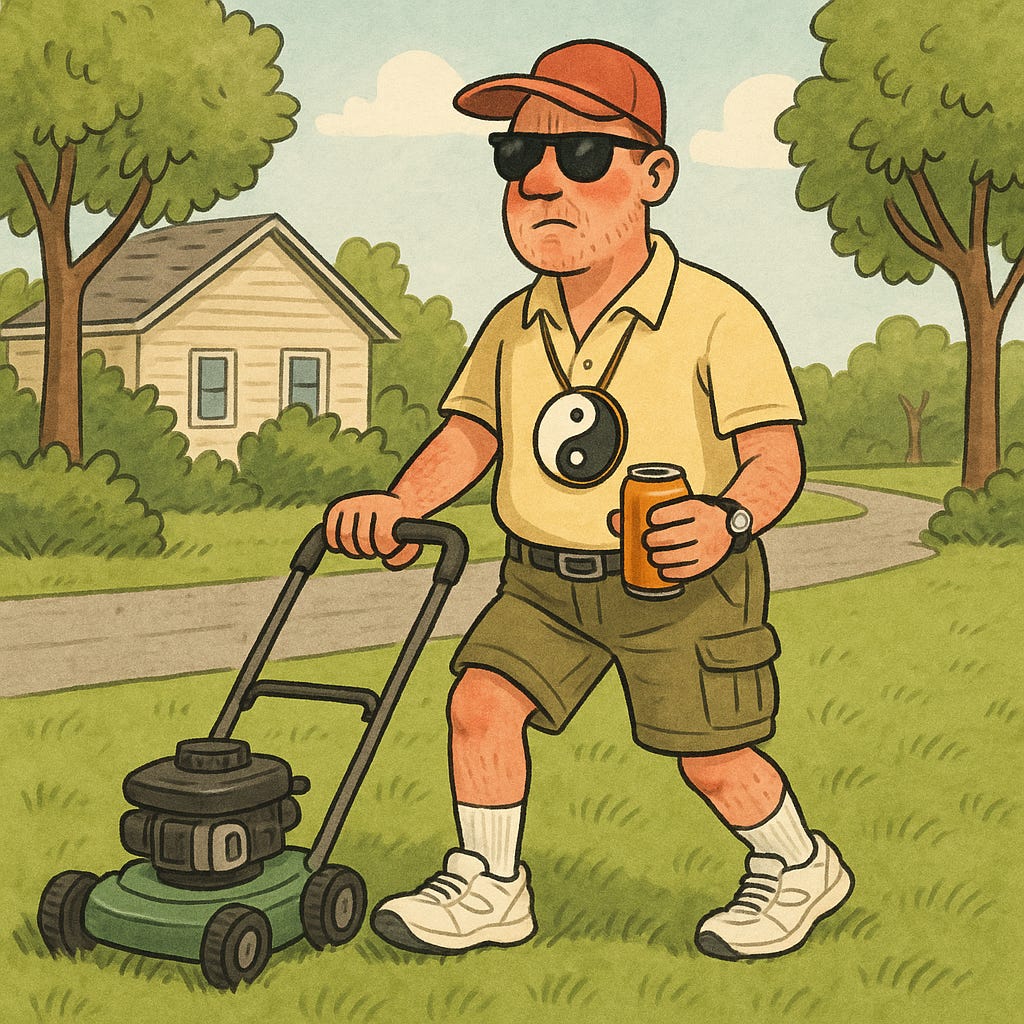Tao Te What Now? (Chapter 28)
Because your group chat deserves a sage.
So you’ve decided to read the Tao Te Ching.
Either you’re seeking peace, chasing enlightenment, trying to out-vibe your therapist, or you just like obscure philosophy that makes you feel smart and dumb at the same time.
Good news: you’re in the right place.
Bad news: it won’t help you get your life together in the way you think it will.
Better news: it might show you that you never had to in the first place.
This ancient Chinese text, written by Laozi around 2,500 years ago, is basically a poetic mic drop about the nature of reality, control, ego, and why trying hard often makes things worse. It’s short, mysterious, non-linear, and aggressively subtle. You won’t get it all on the first read. That’s part of the charm. It’s also part of the test. Which you are not supposed to try to pass.
About This “Cursed” Interpretation
We’re going to go through each chapter, one by one.
Instead of solemn chanting or incense or “sitting with it in silence,”
We’re going to translate it for actual humans with internet-fried brains, executive dysfunction, and a fondness for sarcasm.
Disclaimers:
We love the Tao. We also enjoy poking fun at ourselves while getting deep. That’s the spirit this was written in.
If you're looking for academic accuracy or lineage-specific devotion… this isn’t that.
If you're spiritually curious, allergic to self-serious gurus, and suspicious of people who wear too much linen—welcome home.
Chapter 28
Because your group chat deserves a sage.
Know how to take charge. But don’t forget how to hold space. When you can host chaos without needing to fix. You become resilient af, like my two-year-old. (“I guess this is my life now… whatever Dad, let’s watch Bluey”) Know how to shine. But keep the weird, the awkward, the grayscale moods. Be someone who’s real in a world of filters. When you can post both the highlight reel and the behind-the-scenes, You reconnect to something way bigger than you. Know your worth. But stay low to the ground. Be the friend who listens more than they talk. When people can bring their mess to you without feeling smaller, You become the deep breath in the group text. The world will try to carve you up: “Be more like this,” “Be less like that.” But if you stay uncut, unpolished and unapologetic, you’re useful because you’re real. The wise person does less. Says little. Fixes only what’s broken. A great tailor doesn’t waste fabric. A great human doesn’t waste presence.

